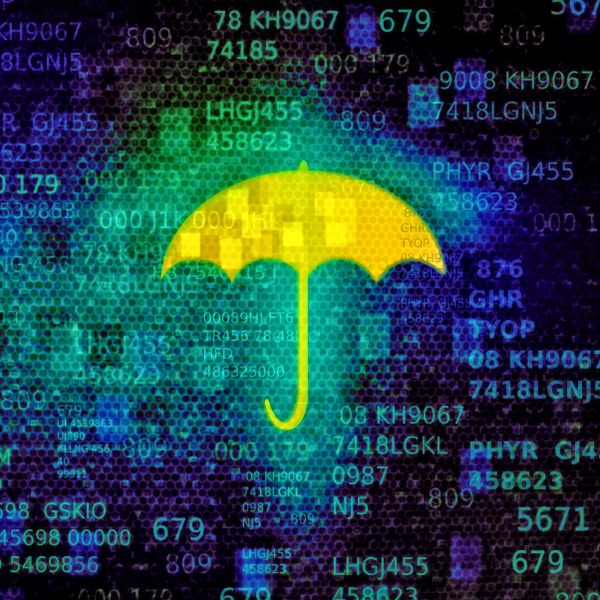What are kids doing online these days?

Kids are curious explorers. Their thirst for knowledge and technology is one of the challenges of digital parenting. Can parents actually live in harmony with their digital-native offspring? Smart devices have become an extension of human bodies, leading some to believe that the cyborgs once so popular in science-fiction films are becoming reality.
Some parents fear the effect of the technology itself on their kids, but still overlook the countless risks their family faces online. Online dangers go beyond hackers breaking into IoT devices for large-scale attacks or messing with thermostats and surveillance systems. The growing prevalence of cyberbullying and online predators is affecting children and families worldwide. All children can become victims, no matter the family’s status.
According to a Bitdefender study, 14 to 16 year-olds are more prone to cyberbullying and to depression, and 7 out of 10 of kids have strangers in their online friend list and talk to about 41% of them on a regular basis. Almost 60% of teenagers said failure to conform to society’s beauty standards is a top reason for bullying, followed by differences of opinion (44%), personality traits (30%) and fashion style (27%). Pre-teens (12 to 13 year-olds) are likely to spend far more time than teenagers on tablets, smart TVs, e-book readers and smartwatches, and they are more active on social networks.
Most often, predators are adults. Adults who lie about their age, hide behind computers and take advantage of the anonymity the internet grants them. They manipulate children into believing they care to get them to share personal information such as passwords and Social Security Numbers, and explicit content.
Online predators can manipulate children into sharing personal information about their family, such as passwords, home address, Social Security Numbers or payment card data, for use in identity fraud. In 2017, over 1 million kids fell victim to identity fraud, and two-thirds were under eight years of age, according to Javelin Strategy & Research.
Only 5 out of 10 teenagers spoke with their parents about online bullying. But software solutions do exist to reduce online risks. Bitdefender Parental Control* is a breakthrough detection filter that helps parents manage their children’s online experience without making them feel like Big Brother is watching them. It detects verbal attacks and inappropriate requests, and analyzes conversations to detect aggressive behavior.
Read more about the challenges of digital parenting in the connected home in our white paper.
*The Detection of Cyberbullying and Online Predators functionality is no longer available in Bitdefender products.
tags
Author
After having addressed topics such as NFC, startups, and tech innovation, she has now shifted focus to internet security, with a keen interest in smart homes and IoT threats.
View all postsRight now Top posts
Start Cyber Resilience and Don’t Be an April Fool This Spring and Beyond
April 01, 2024
Spam trends of the week: Cybercrooks phish for QuickBooks, American Express and banking accounts
November 28, 2023
FOLLOW US ON SOCIAL MEDIA
You might also like
Bookmarks







